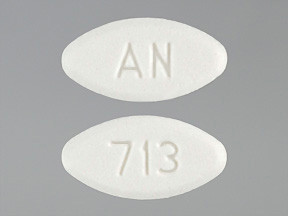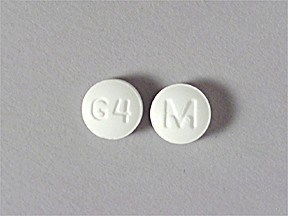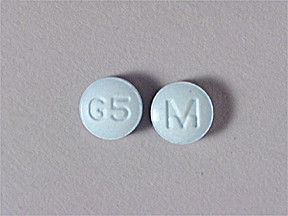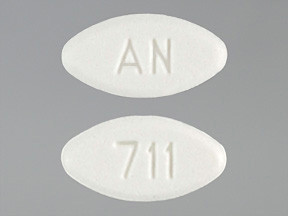GUANFACINE - ORAL
PHONETIC PRONUNCIATION: (GWAN-fuh-seen)
COMMON BRAND NAME(S): Tenex
GENERIC NAME(S): guanfacine HCl
Uses
USES: This medication is used alone or with other medications to treat high blood pressure (hypertension). Lowering high blood pressure helps prevent strokes, heart attacks, and kidney problems. Guanfacine acts in the brain. It decreases certain nerve signals from the brain to the blood vessels and the heart. This causes the blood vessels to relax so that blood can flow more easily and also slows the heart rate. These effects help to lower blood pressure.
How to use GUANFACINE - ORAL
HOW TO USE: Take this medication by mouth with or without food, usually once daily at bedtime or as directed by your doctor. The dosage is based on your medical condition, response to treatment, and other medications you may be taking. Be sure to tell your doctor and pharmacist about all the products you use (including prescription drugs, nonprescription drugs, and herbal products). Use this medication regularly to get the most benefit from it. To help you remember, take it at the same time each day. It may take several weeks before you get the full benefit of this medication. It is important to continue taking this medication even if you feel well. Most people with high blood pressure do not feel sick. Do not stop taking this medication without consulting your doctor. Some conditions may become worse when this drug is suddenly stopped. Also, you may experience symptoms such as headache, nervousness, agitation, tremor, fast heartbeat, and high blood pressure. To prevent these symptoms while you are stopping treatment with this drug, your doctor may reduce your dose gradually. Ask your doctor or pharmacist for more details. Report any new or worsening symptoms right away. Tell your doctor if your condition does not improve or if it worsens (for example, your routine blood pressure readings remain high or increase).
Side Effects
Precautions
Interactions
Overdose
Images
Reviews
Faq for GUANFACINE - ORAL
Guanfacine is used for the treatment of attention deficit hyperactivity disorder (ADHD) in both children and adults.
Guanfacine works by affecting certain receptors in the brain, leading to a decrease in hyperactivity, impulsiveness, and improved attention and focus.
Common side effects of guanfacine may include drowsiness, dry mouth, headache, dizziness, constipation, and low blood pressure.
Guanfacine is usually taken once daily in the morning or as directed by your doctor. It can be taken with or without food. To minimize side effects, the dosage is usually started at a low level and gradually increased.
The effects of guanfacine may be noticeable within a few weeks of starting treatment. However, it may take several weeks for the full benefits to be achieved.
Yes, guanfacine can be used in combination with other medications for the treatment of ADHD. However, it is important to consult with a healthcare provider to determine the appropriate combination and dosage.
Yes, guanfacine is FDA-approved for the treatment of ADHD in children aged 6 years and older.
The safety of guanfacine during pregnancy is not well-established. It is important to discuss the potential risks and benefits with a healthcare provider if you are pregnant or planning to become pregnant.
If you miss a dose of guanfacine, take it as soon as you remember. However, if it is close to the time for your next dose, skip the missed dose and resume your regular dosing schedule. Do not double the dose to catch up.
Guanfacine is not classified as an addictive medication. However, suddenly stopping guanfacine without the guidance of a healthcare provider may cause withdrawal symptoms. It is important to gradually reduce the dosage under medical supervision when discontinuing guanfacine.
Disclaimer
IMPORTANT: HOW TO USE THIS INFORMATION: This is a summary and does NOT have all possible information about this product. This information does not assure that this product is safe, effective, or appropriate for you. This information is not individual medical advice and does not substitute for the advice of your health care professional. Always ask your health care professional for complete information about this product and your specific health needs.





No Reviews Yet